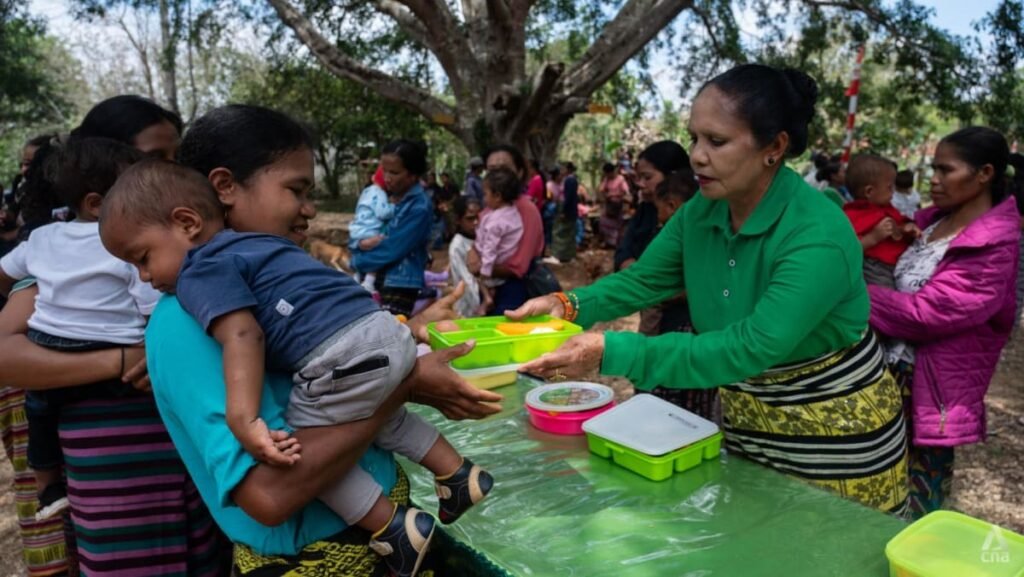Java, the island where the capital city of Jakarta is located, is home to three of the largest shipping ports in Indonesia. Additionally, the island is connected by 1,776 km of toll roads, which accounts for 61 per cent of the total length of toll roads in the country. In contrast, the five Papua provinces have a total of 3,446 km of roads, nearly half of which are unpaved, making transportation challenging in these areas. Some regions are only accessible by air or on foot, highlighting the disparity in infrastructure development across different parts of Indonesia.
East Nusa Tenggara, a chain of islands bordering the Indian Ocean, heavily relies on ferries from Java’s Surabaya city for the transportation of goods. These ferries arrive approximately once a week, emphasizing the logistical challenges faced by regions that are not well-connected through road networks. The transportation infrastructure limitations in these areas pose a significant obstacle to the effective implementation of the free meal programme, with some observers noting that logistics will be a major hurdle to overcome.
An editorial by news outlet MetroTV highlighted the daily struggles faced by students and teachers in remote corners of the country to access education. From crossing rivers on rafts to navigating dangerous bridges, individuals in these areas often risk their lives just to go to school. Mdm Eliza Mardian, a researcher at the Center of Reform on Economics think tank, emphasized that many beneficiaries of the free meal programme reside in remote locations with poor transportation access. The high cost of transportation, particularly in places like East Nusa Tenggara, where essential food items like rice and beans need to be transported from production hubs in Java, could significantly increase the overall budget for the programme.
The challenging logistics of delivering food to remote areas highlight the wider issue of infrastructure development and connectivity in Indonesia. Disparities in transportation access not only impact educational opportunities but also affect the efficient distribution of essential resources such as food. Addressing these infrastructure gaps is crucial for promoting equal access to education, healthcare, and other essential services for all Indonesian citizens. The implementation of the free meal programme will require innovative solutions to overcome transportation challenges and ensure that all beneficiaries, regardless of their location, can benefit from the initiative. By improving infrastructure and connectivity, Indonesia can work towards achieving more equitable development and improving the well-being of its population as a whole.

